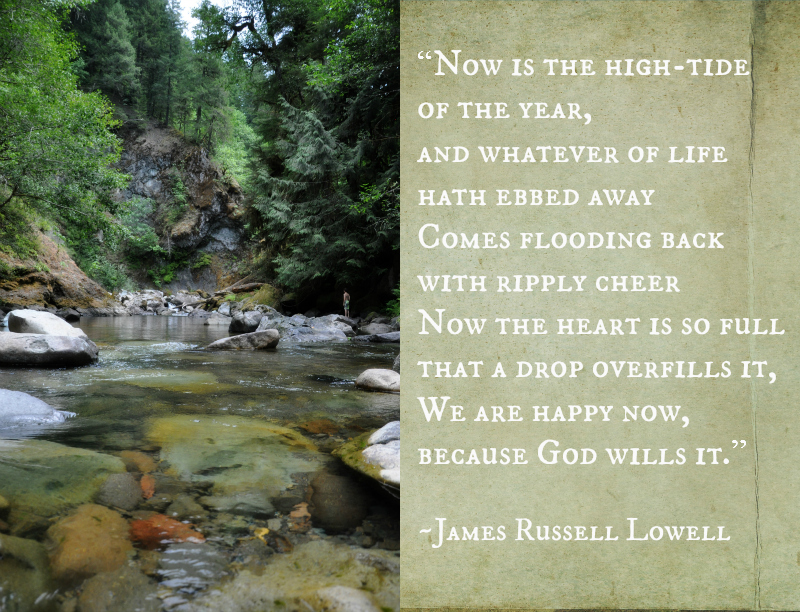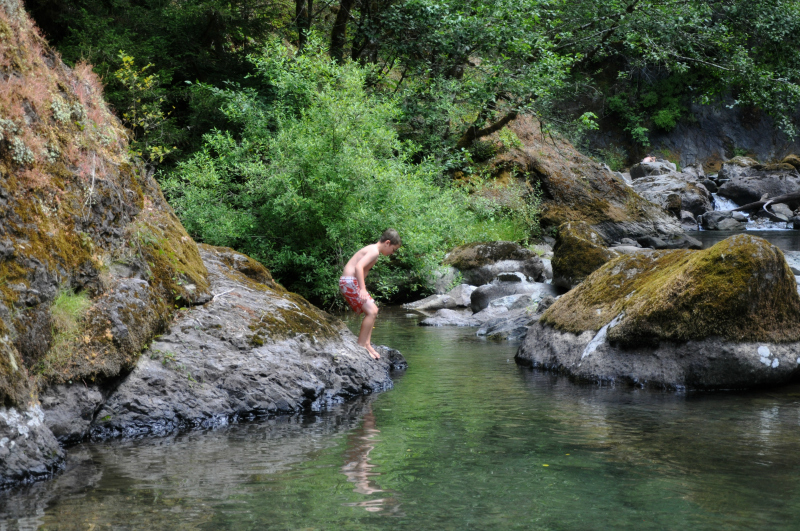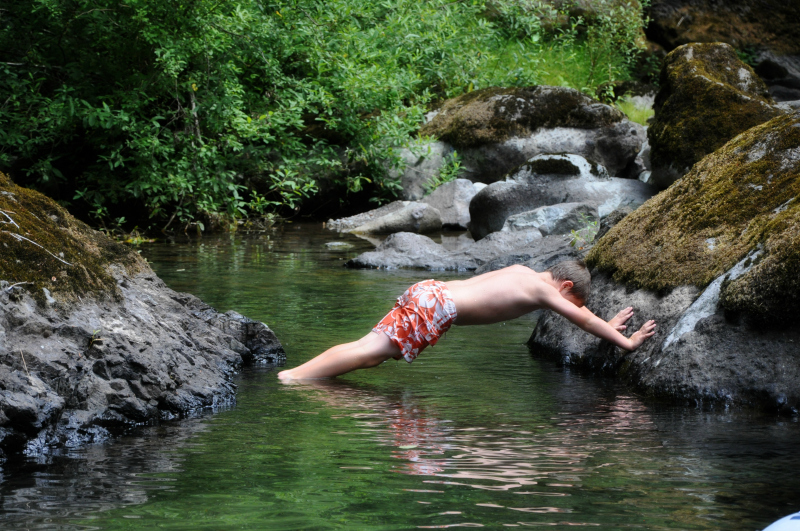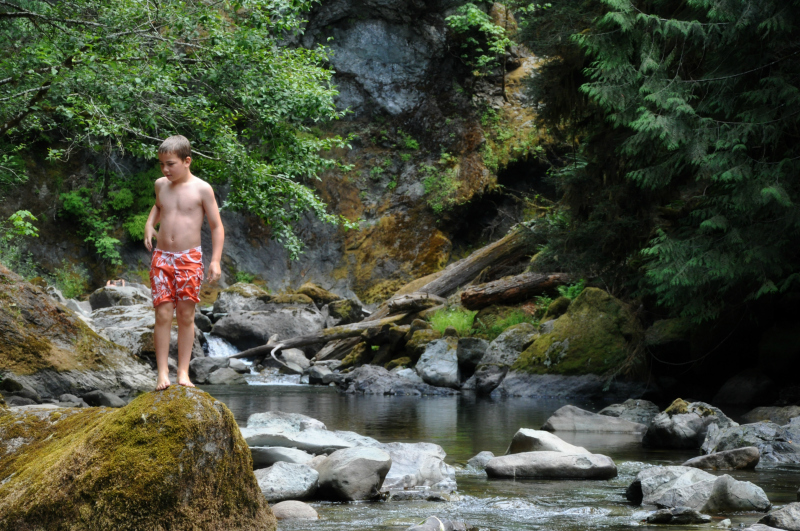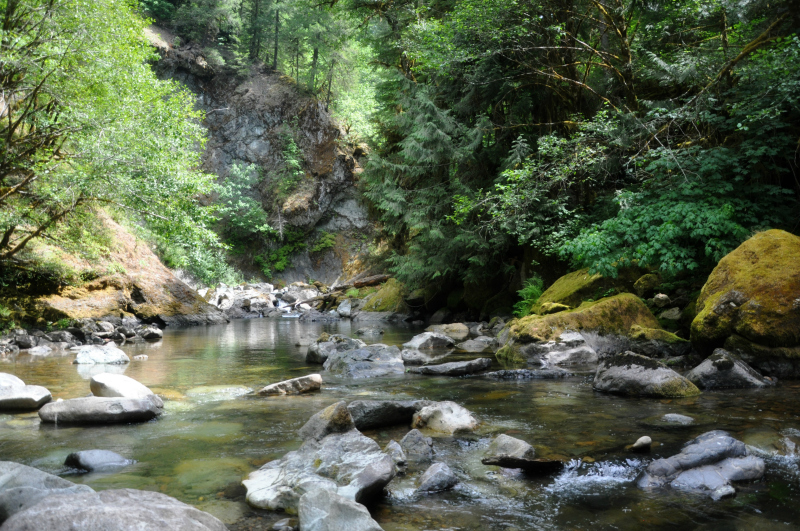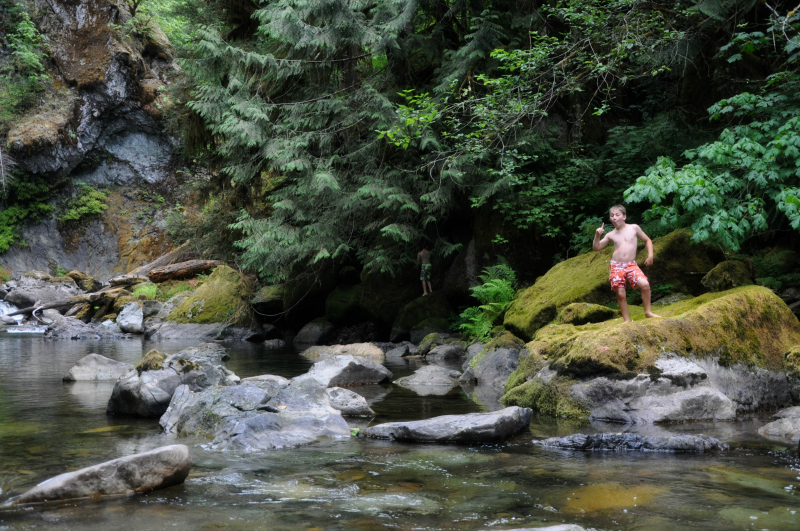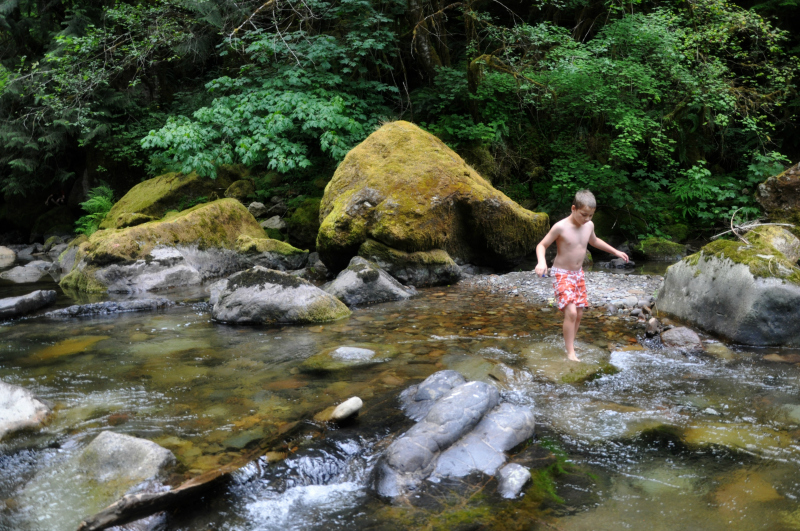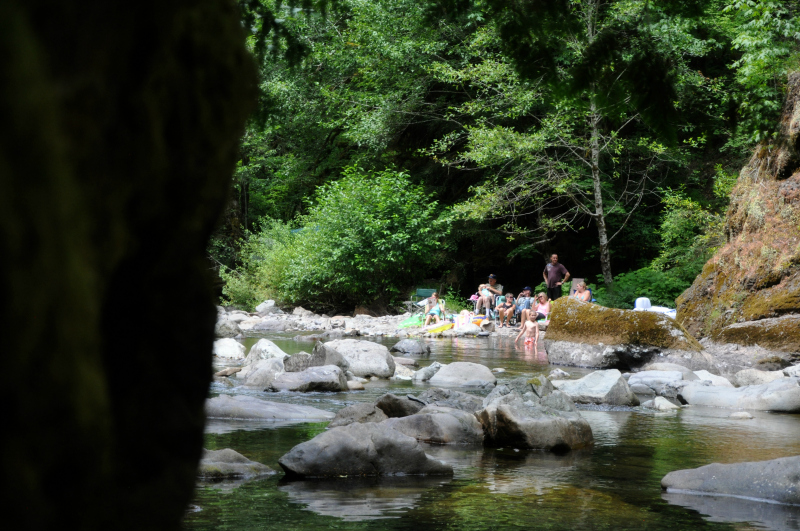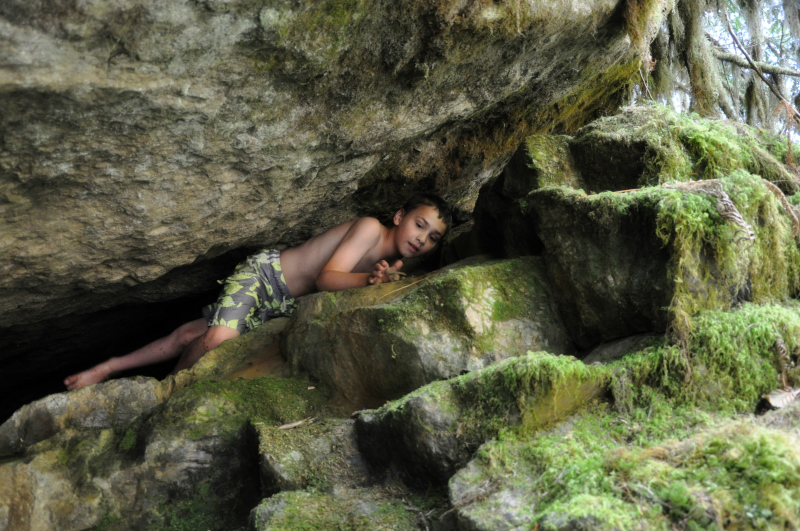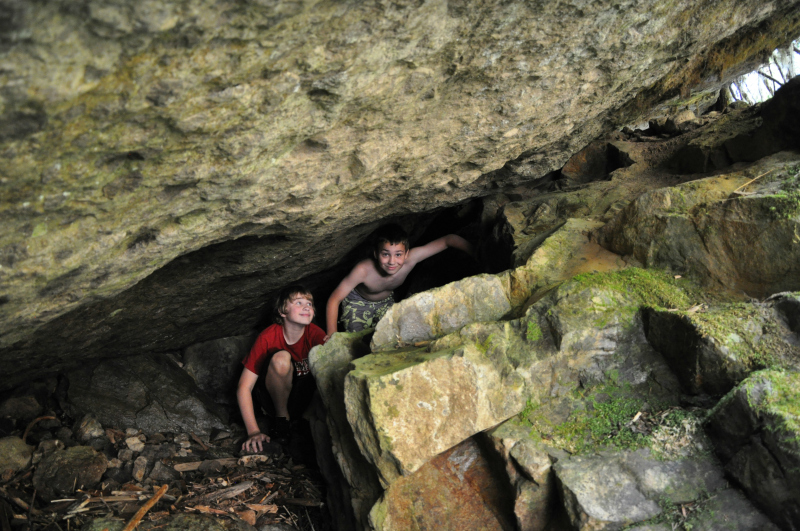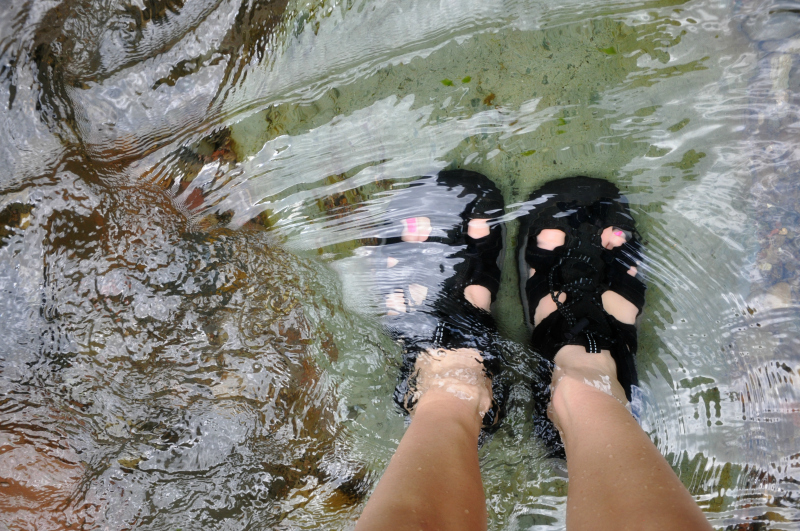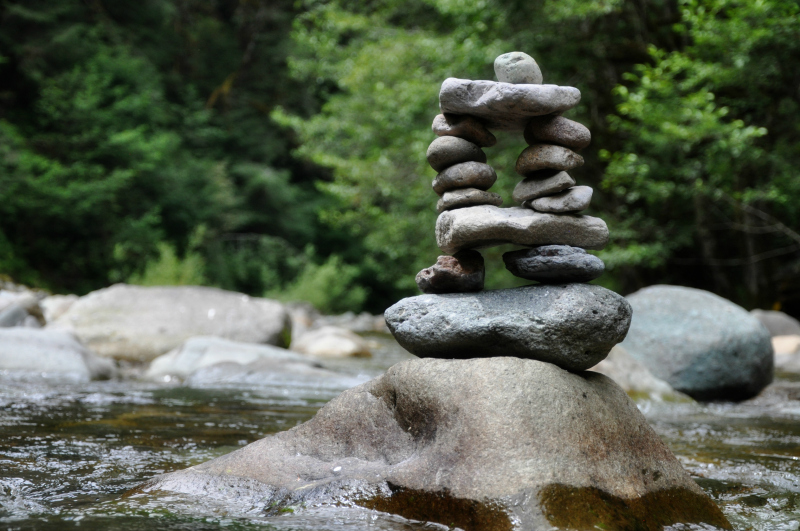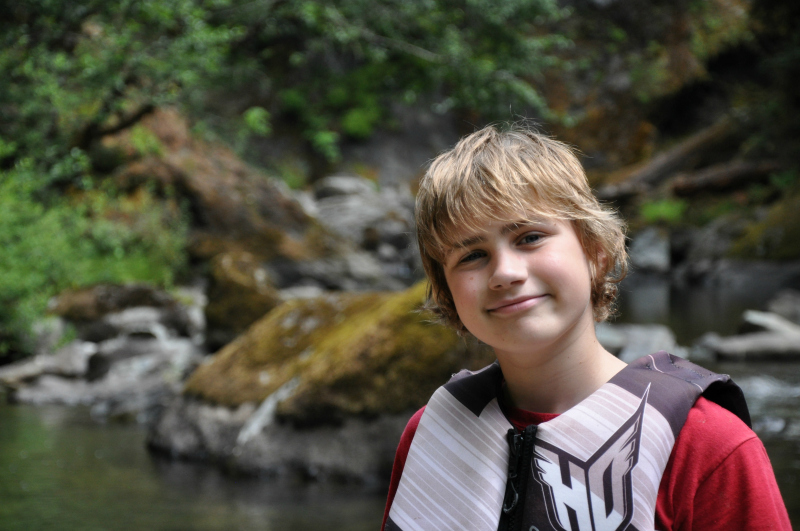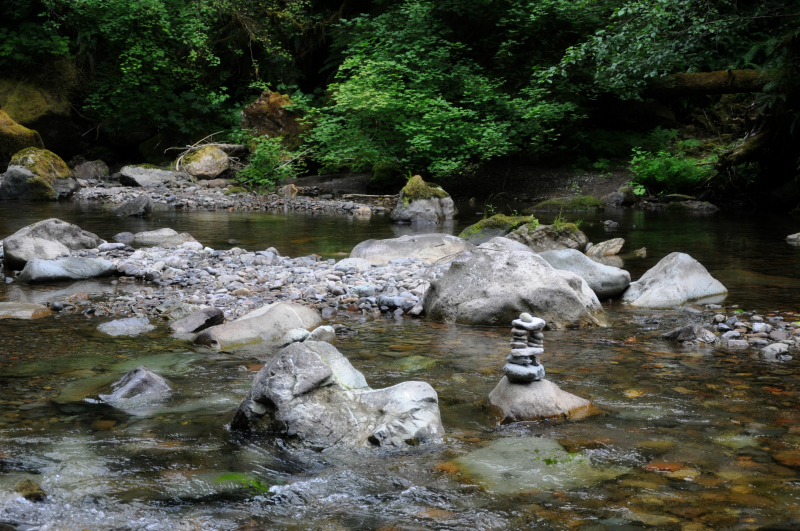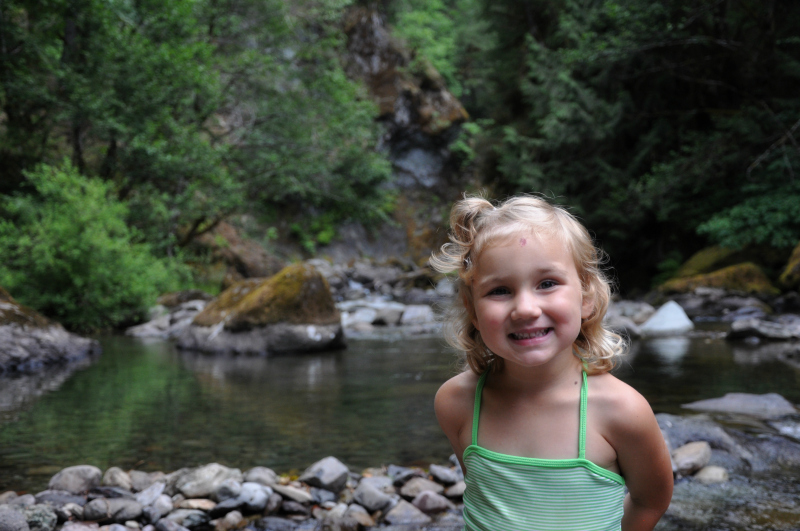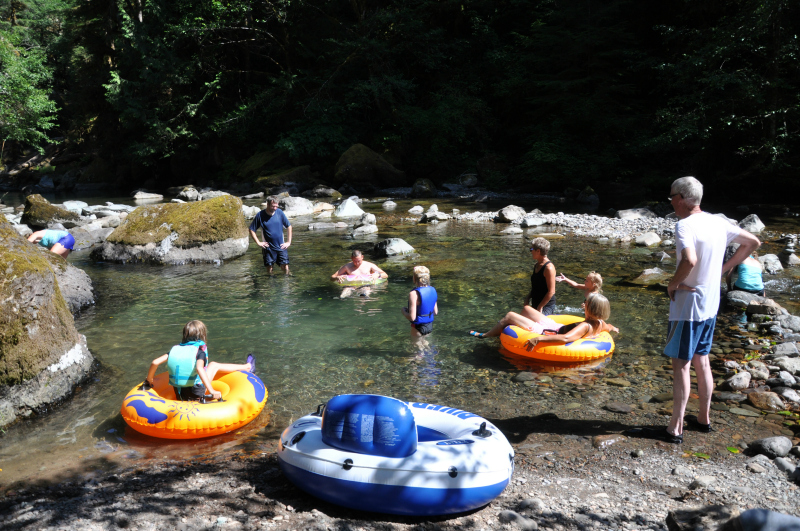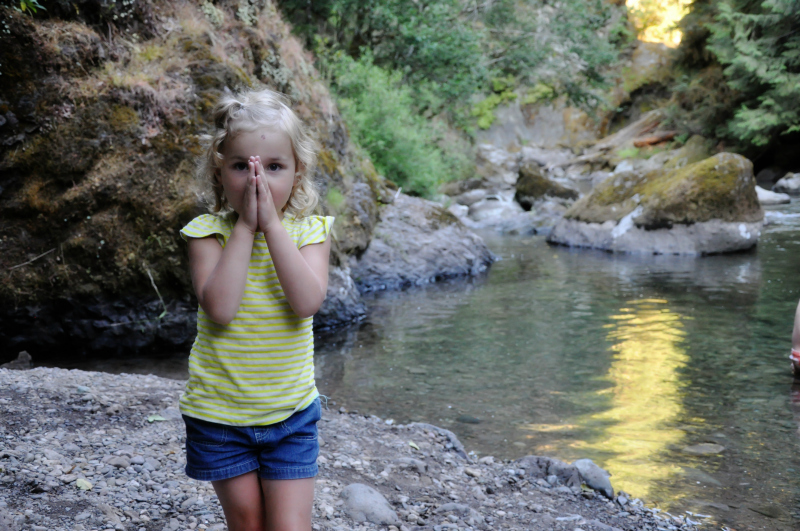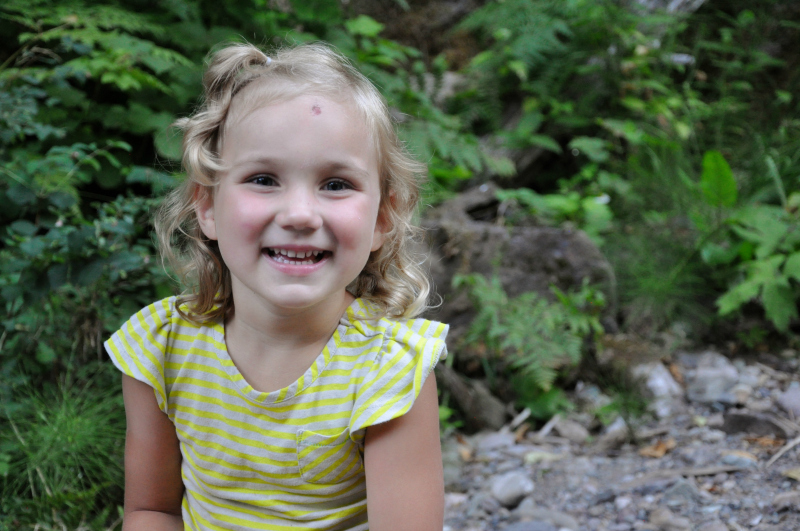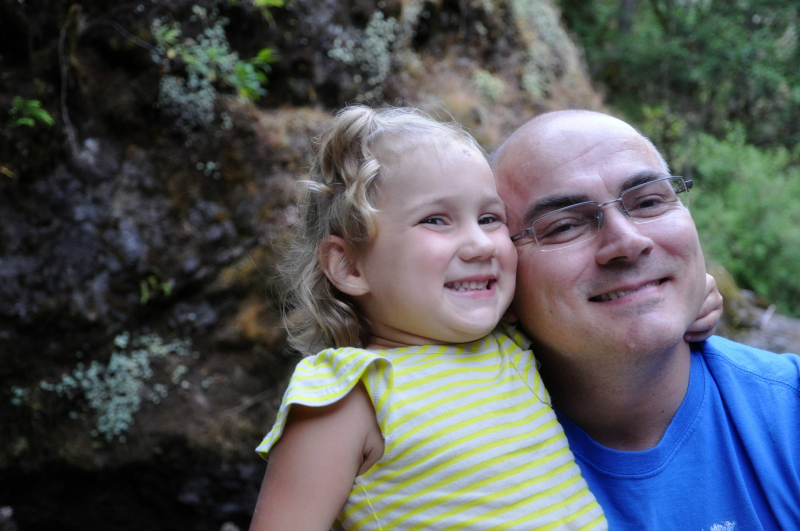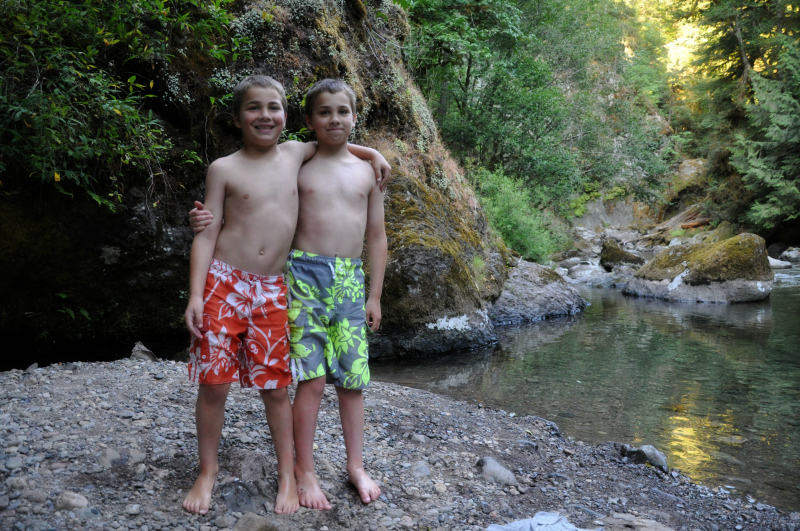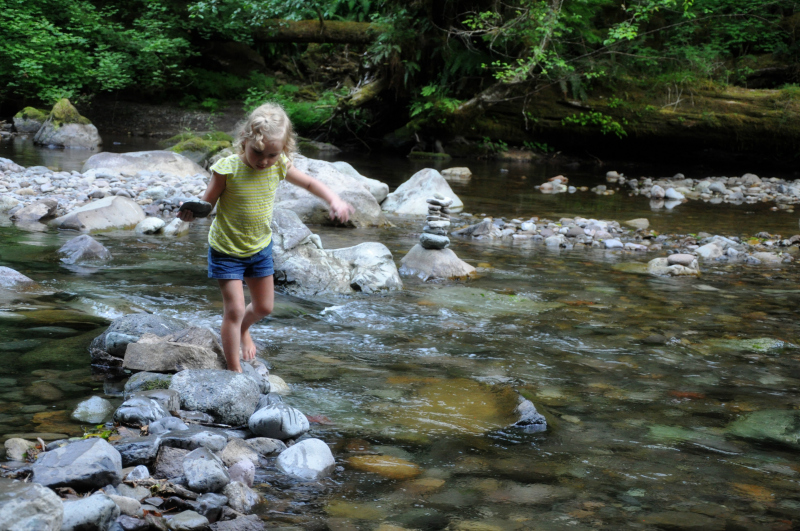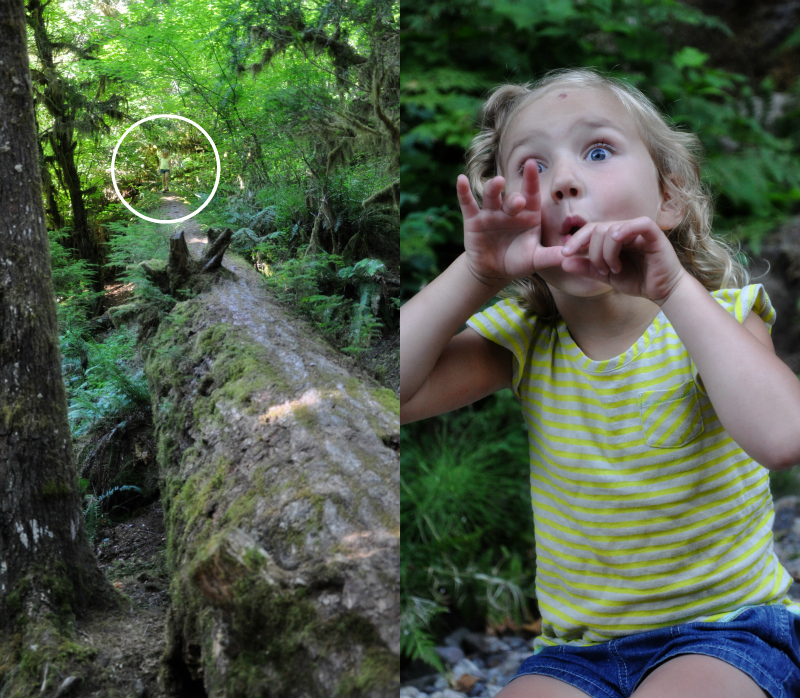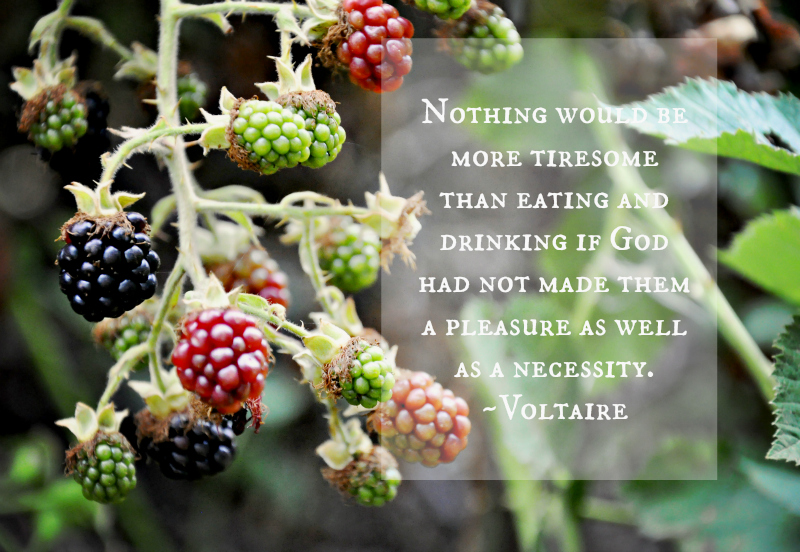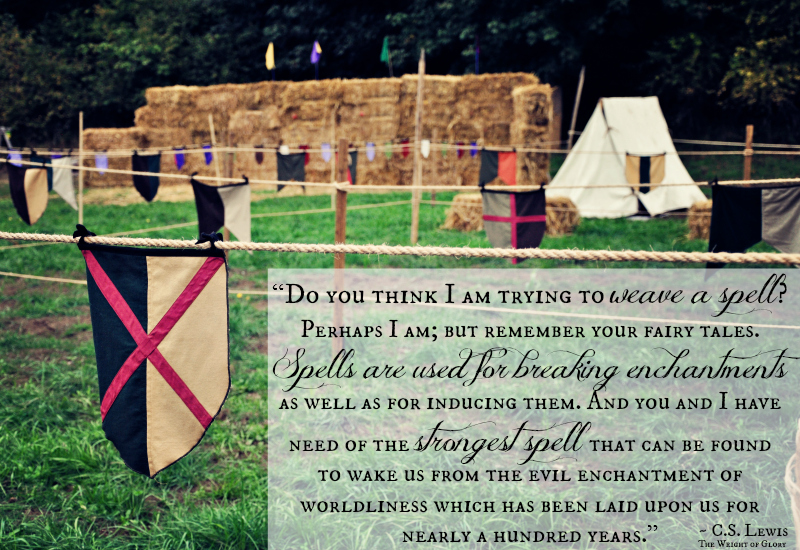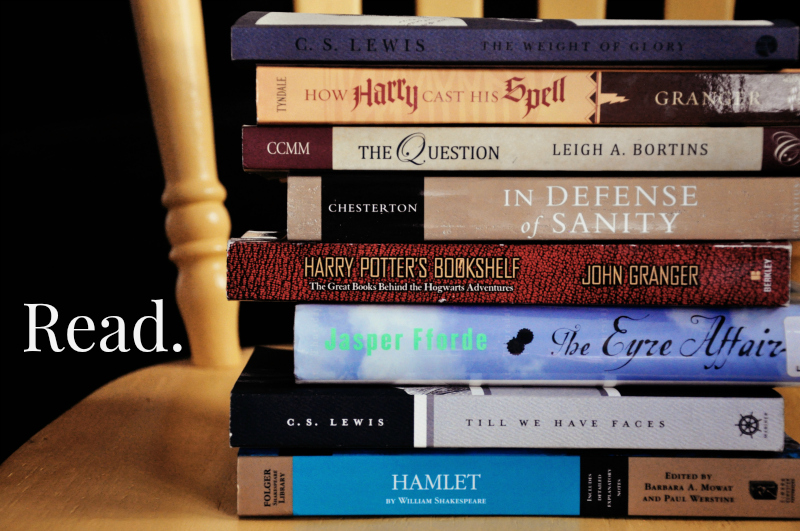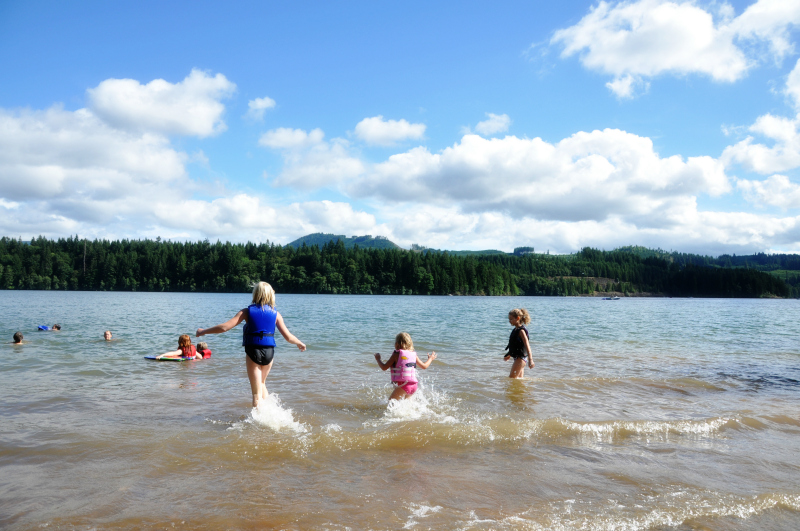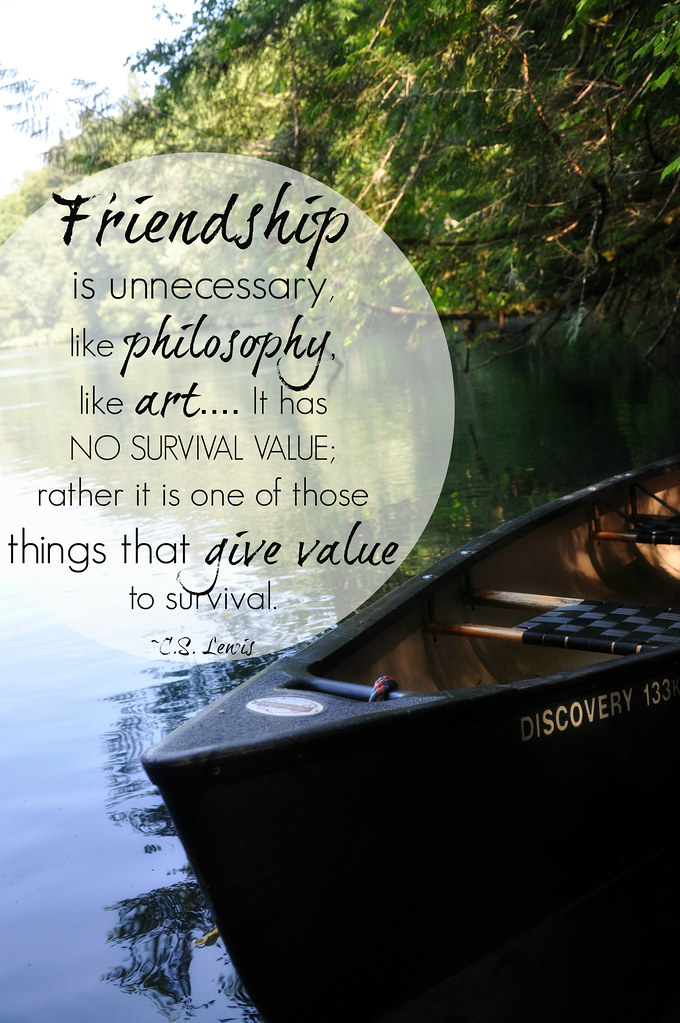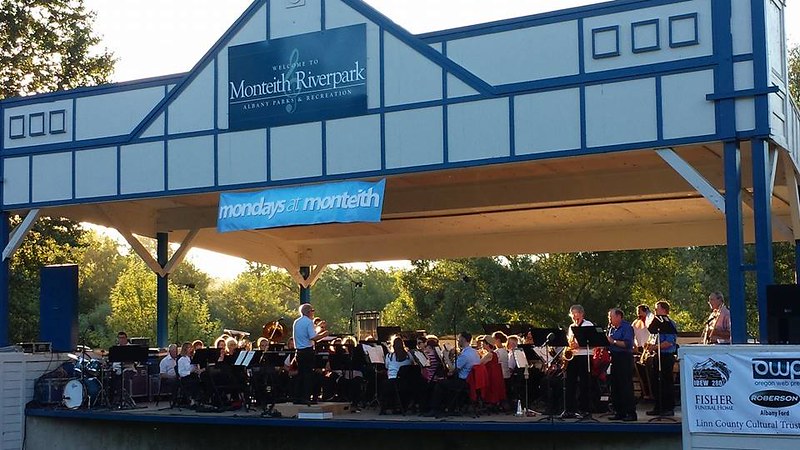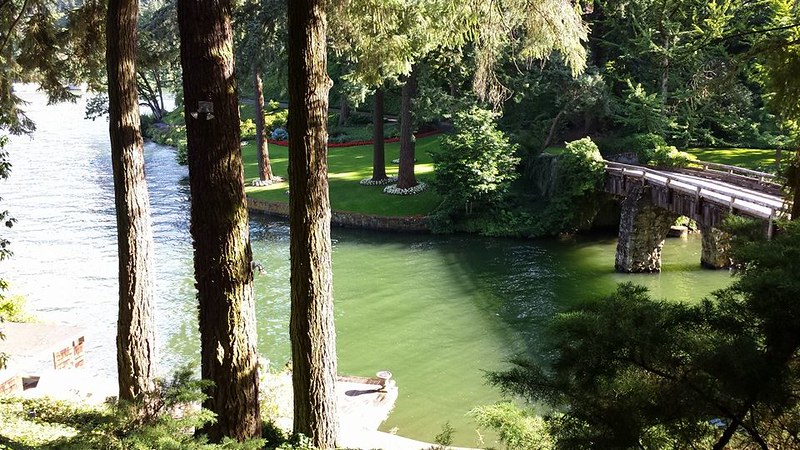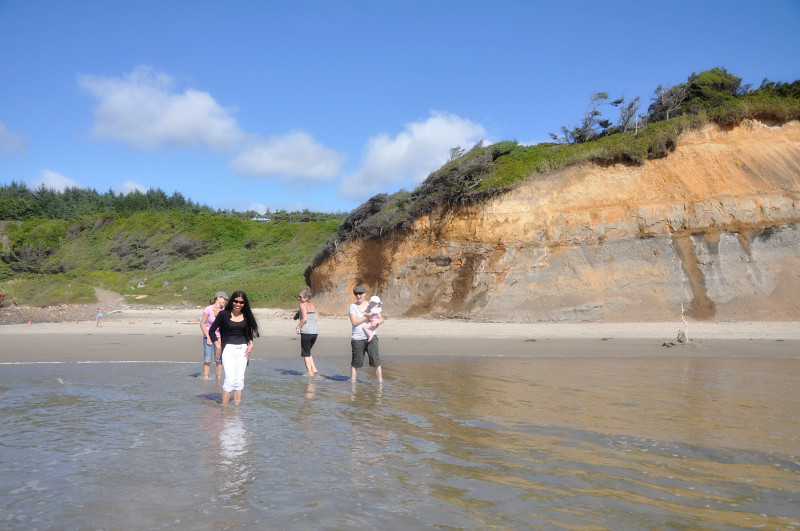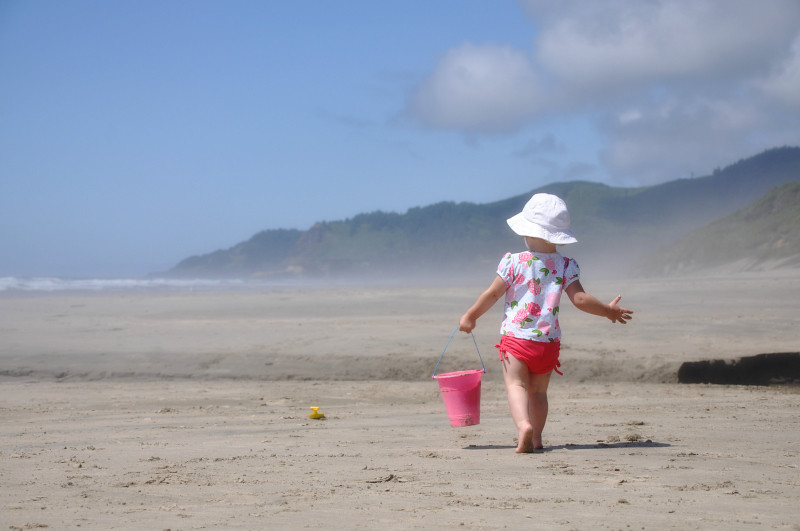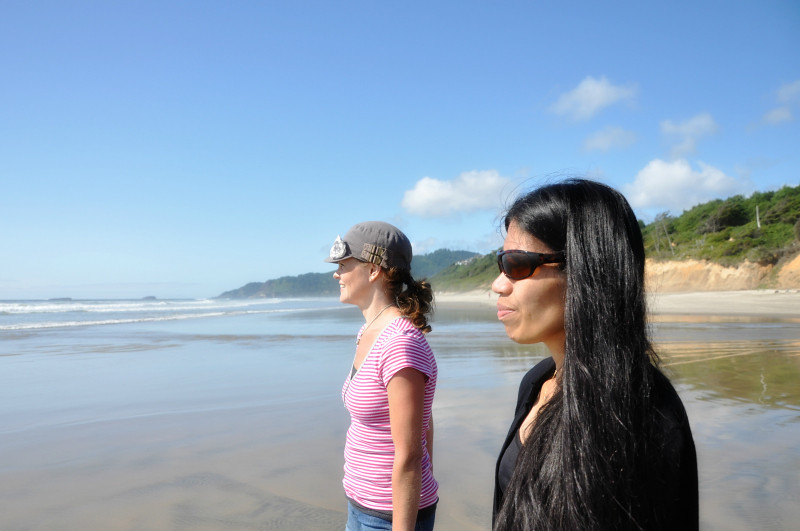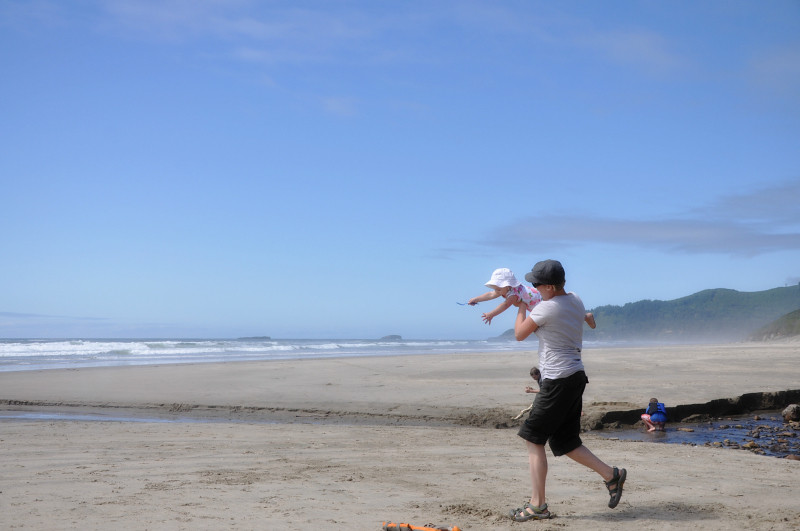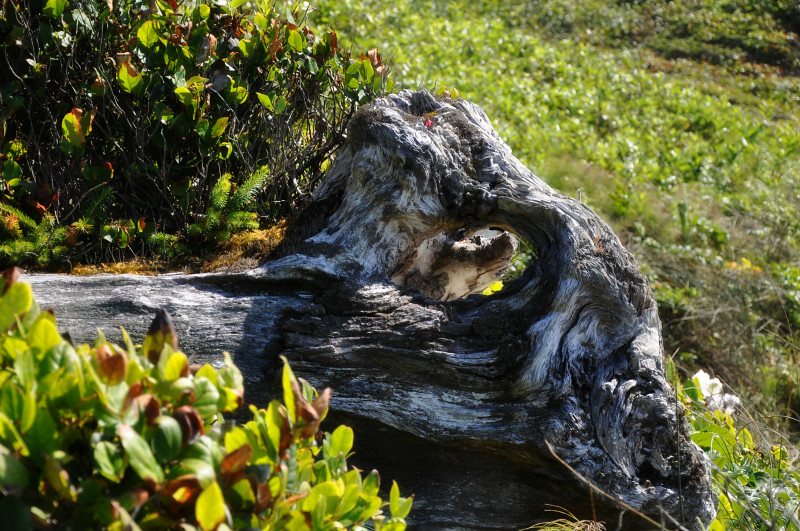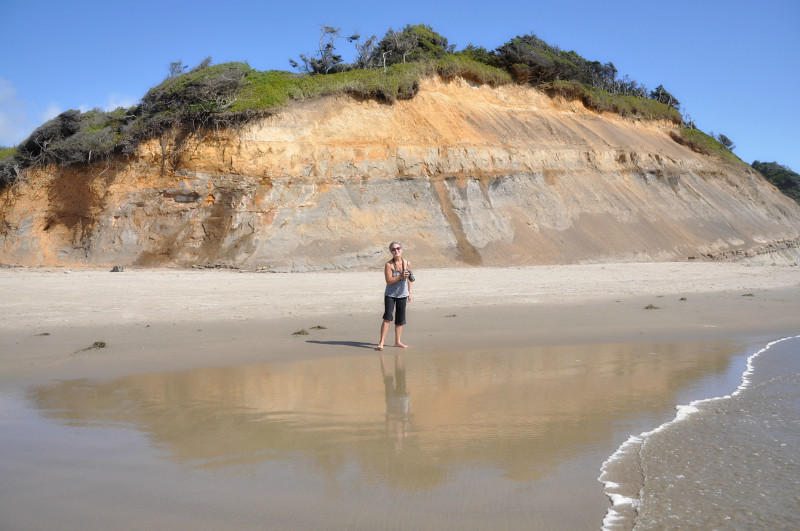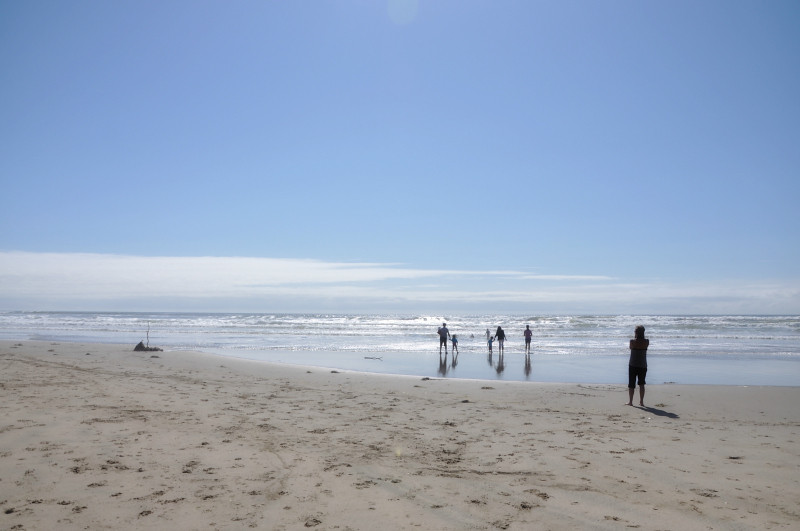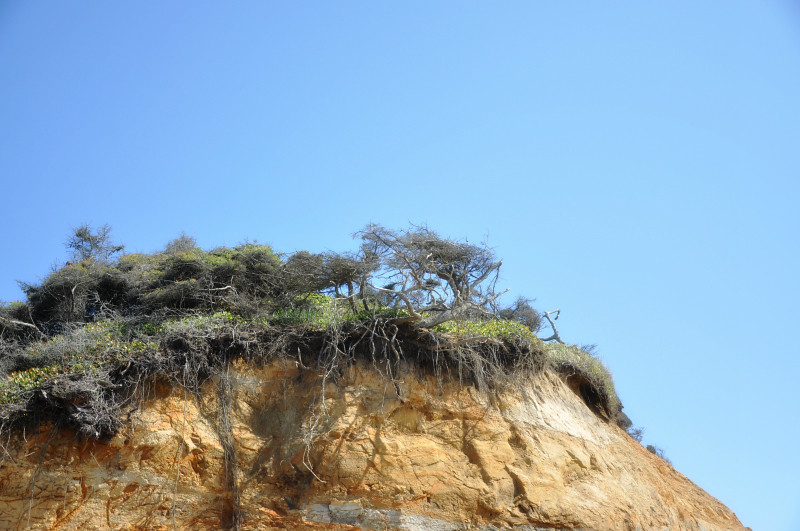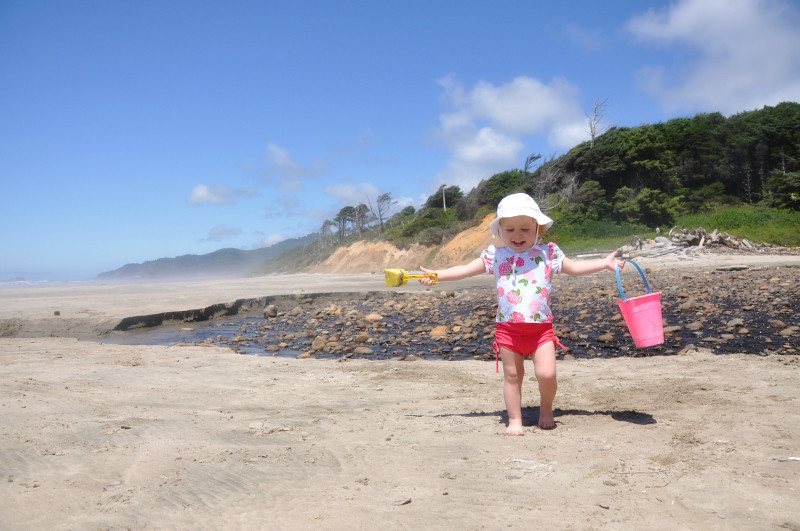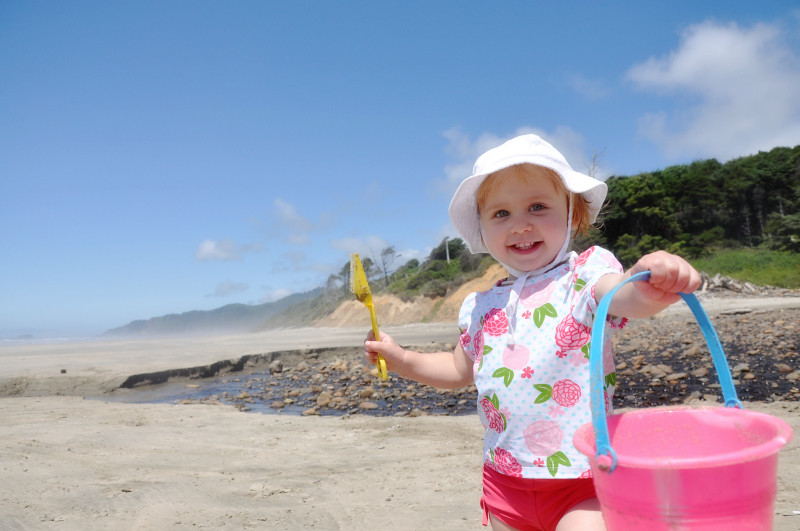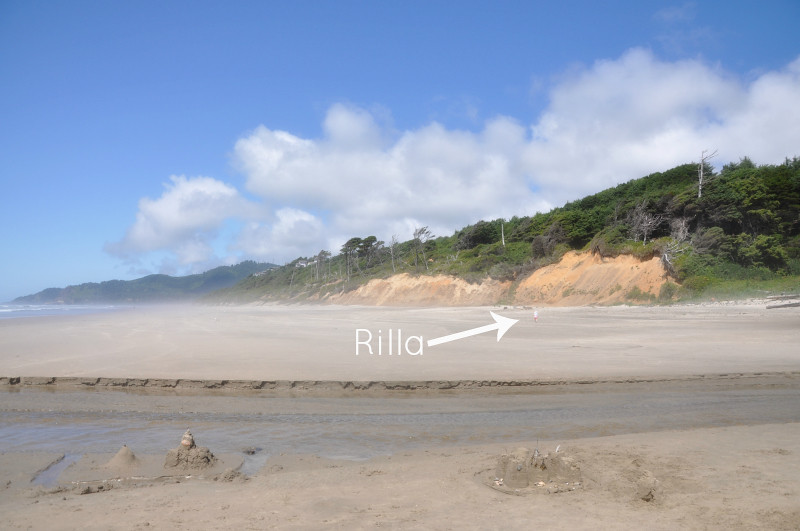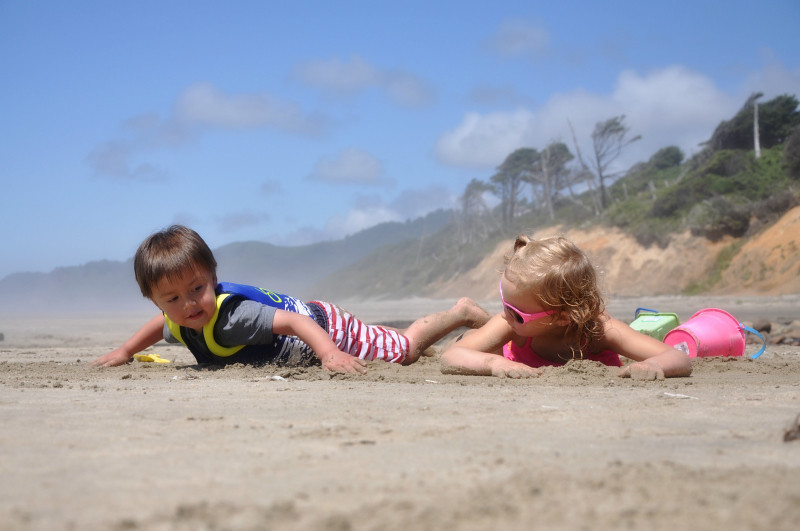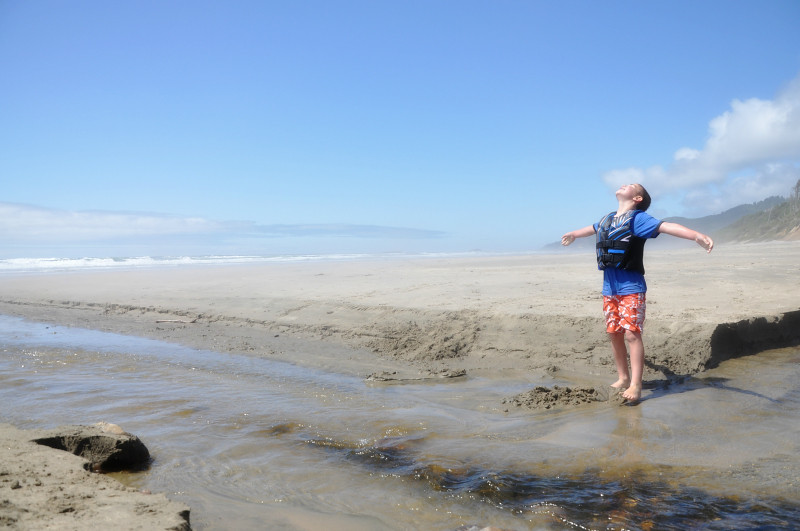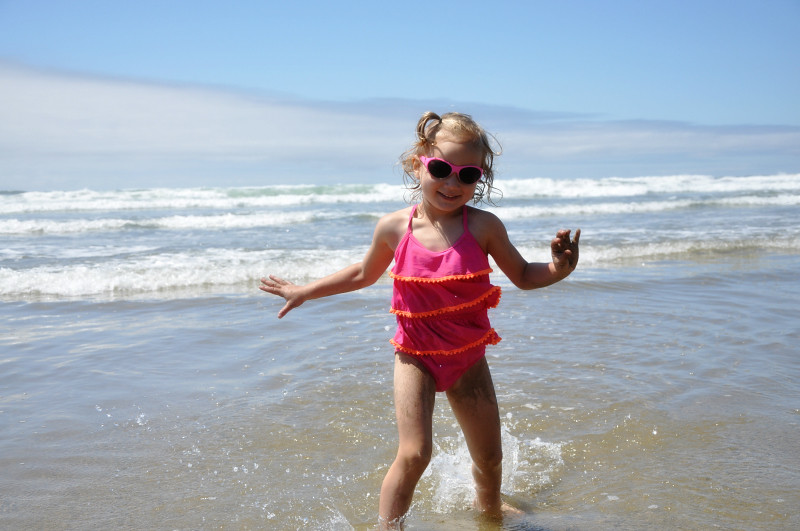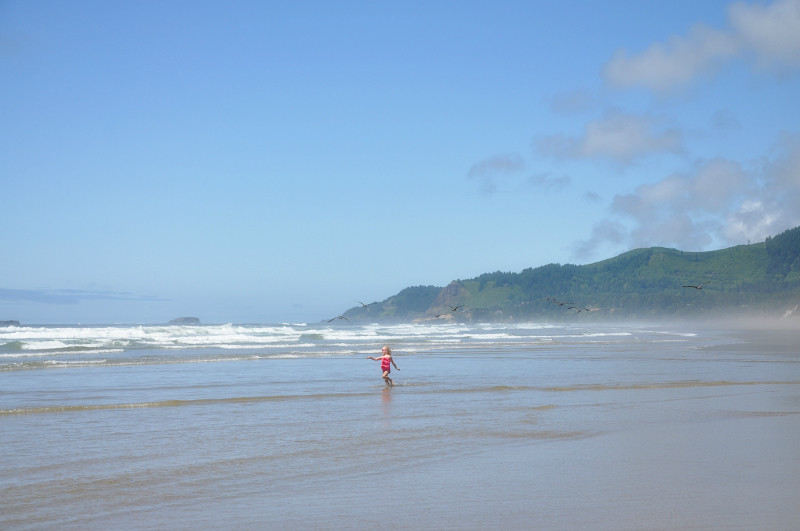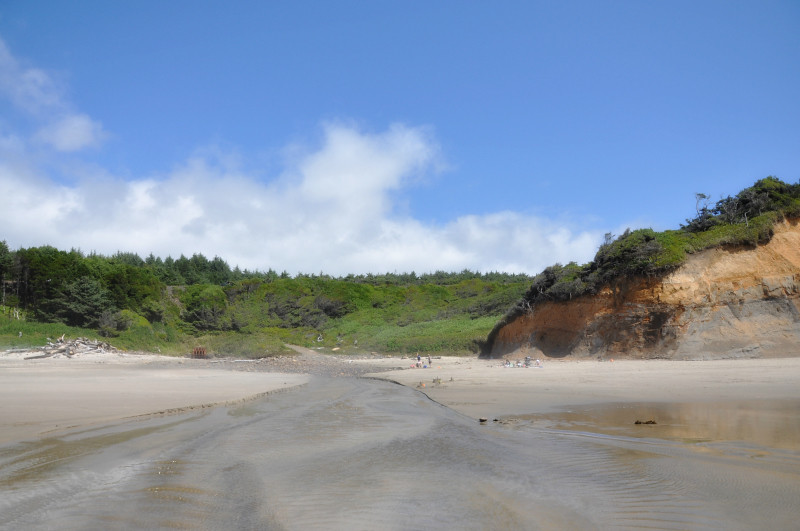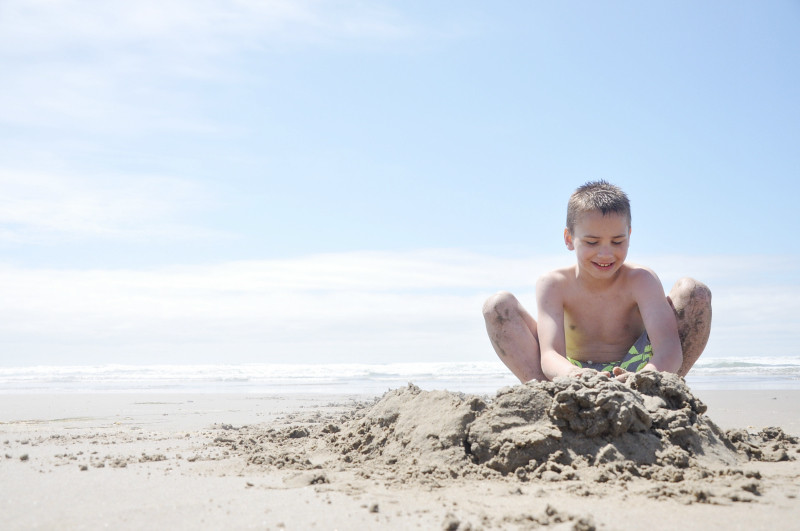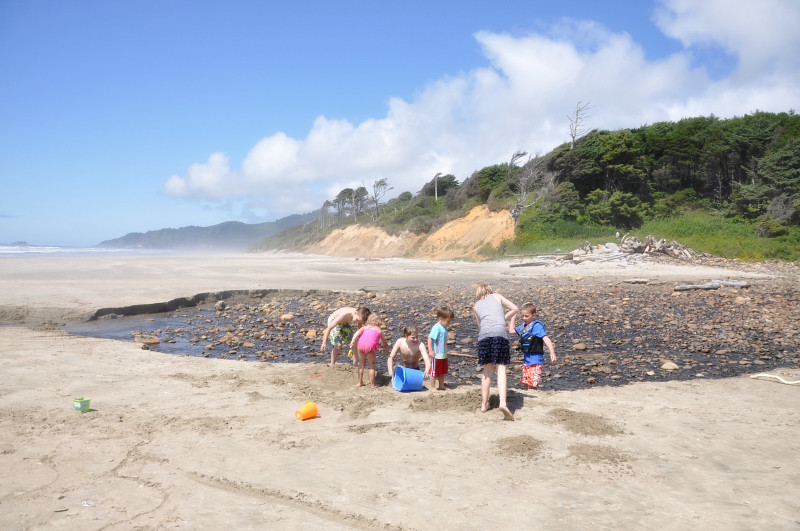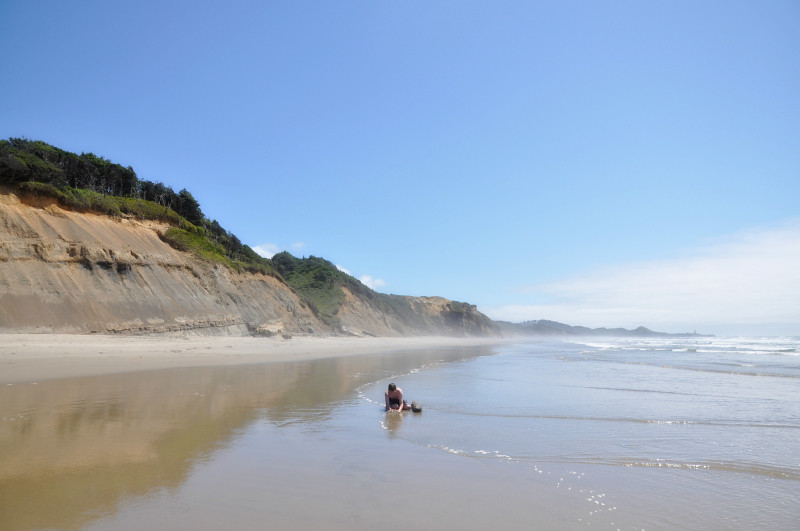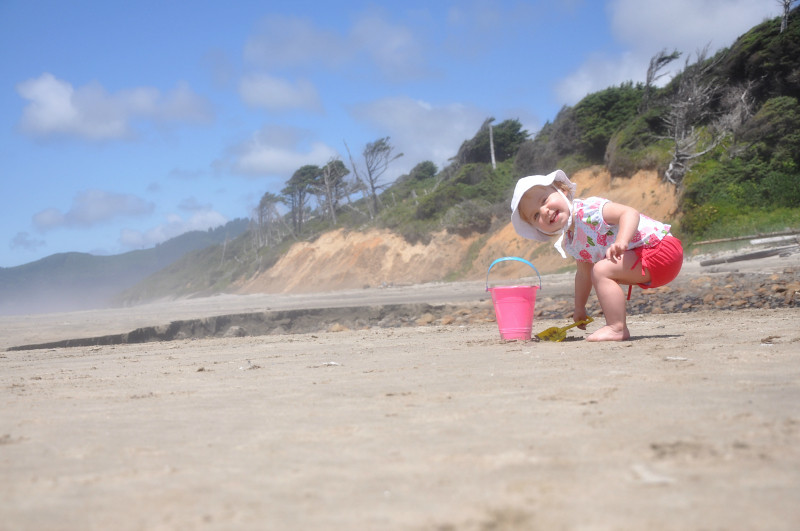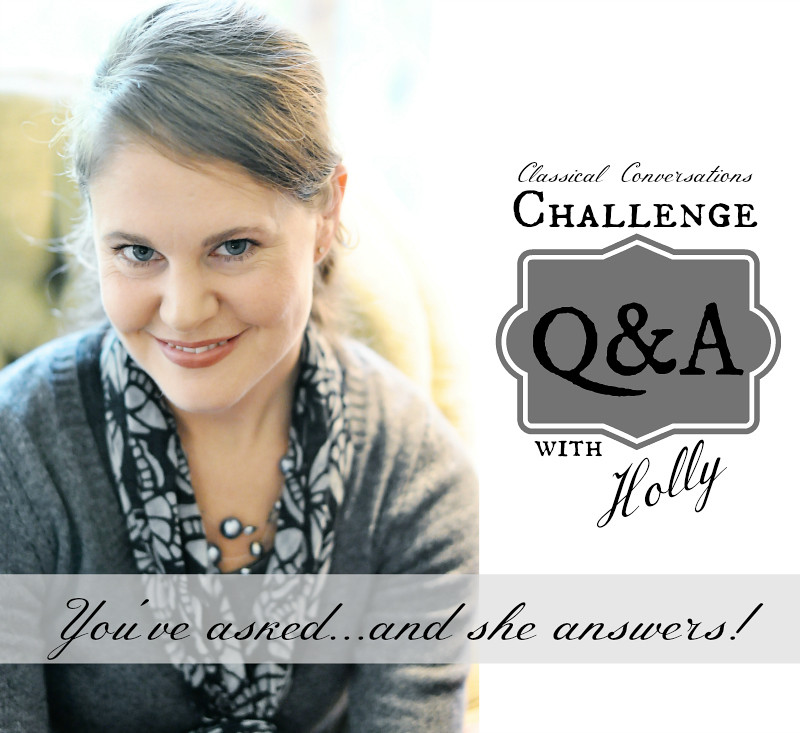
[I’m so glad we decided to do this Classical Conversations Challenge Q&A because it gave Holly and me an excuse to chat for hours. I’ve taken all the notes I made from our conversation and written them up from Holly’s point of view. I had her read over the answers and approve them, I promise. You can read more about my sister Holly and her family at this link.]
_________________________________________________________________________________________________________________
Q: How is History incorporated throughout the Challenge levels?
A: This was one of my concerns when we were first introduced to Classical Conversations.
The kids and I had just finished a full four-year history cycle (as outlined in The Well-Trained Mind), and I was ready to return to the Ancients! At first glance it seemed as if the syllabus included no history studies. I wish I had known then just how much history was integrated within the strands and how I could best organize and amplify the historical content.
This is a basic overview of where Challenge students are most likely to encounter history:
- Challenge A: Literature/Exposition and Composition (fiction, historical fiction, and two books based on true stories—from Ancient to Modern History)
- Challenge B: Literature/Exposition and Composition (non-fiction, historical fiction, and a wide range of short stories from Milton to Hawthorne) and Science/Research (famous scientists)
- Challenge I: Literature/Exposition and Composition (a great deal of American literature—fiction and non-fiction) and Debate (American Documents)
- Challenge II: Literature/Exposition and Composition (many British literature selections from Medieval to Modern) and Debate (Western Cultural History—history through the lens of fine arts and philosophy)
- Challenge III: Literature/Exposition and Composition (Shakespeare—including Julius Caesar and Henry V), Rhetoric (World History through the lens of philosophy), Debate (American History), and Grammar (Caesar and Cicero within Latin studies)
- Challenge IV: Literature/Exposition and Composition (Ancient literature), Grammar (the Aeneid in Latin), Debate (World History through the lens of discoveries), and Rhetoric (Old Testament)
What I discovered as my kids progressed from Challenge A to Challenge II is that there is less surface reading and learning and more digging deep and asking questions as they write papers and discuss ideas in class. They write. And write. And write. And they have to learn about the historical context and what came before and what came after in order to write deeply. I believe the point of the Challenge levels is to integrate rather than isolate the subjects.
I’m a very linear person, however, and in retrospect I can think of ways of organizing the historical content that I wish I had done with my kids. I would highly recommend that a student:
- Memorize the Classical Acts and Facts History Cards (if students haven’t already memorized the timeline in Foundations) and read through the back of the cards each year (several cards each week). This will give the student a chronological timeline of “pegs” for a frame of reference.
- Create a physical timeline in notebook form. Every piece of literature (whether the time-period or events from historical fiction and/or the life of the author) can be written on the timeline. Every scientist studied can be written on the timeline. Every idea, work of art, discovery, or document can be written on the timeline. This serves as a chronological, visual representation of all of history and how events and people and ideas all fit together.
- Read Famous Men of Greece, Famous Men of Rome, and Famous Men of the Middle Ages (all by Memoria Press) as well as D’Aulaires’ Book of Greek Myths when the Challenge year is over (May and June) to add in some Ancient History and enhance the Latin studies in Challenge.
[UPDATE: A Challenge tutor has added helpful information in the comments. She said that students are required to create a world history timeline each year in Challenge II-IV. It would still be a great idea to keep a timeline notebook for Challenge A-I—possibly a notebook that students can begin in Foundations.]
While it can be frustrating to wait until Challenge III or IV to dig deeper into Ancient History (or not get there at all), the content is more complex than American History or World History (Medieval to Modern), so it makes sense to wait until the student has more maturity. So Challenge A and B are like slight pauses in the historical content while students adjust to the dialectic stage and gain responsibility and independence. Then the timeline goes backwards in Challenge I-IV according to the complexity of content: American History, World History, (American History, World History, and Caesar and Cicero all during Challenge III), and then Ancient History.
[Students will also study economics, mock trial, and policy debate for additional Social Studies credits, and cultural studies could be added to the geography strand if desired.]
An excellent diagram of the Challenge courses can be found on page 37 of the Classical Conversations catalog, and a very helpful diagram of how the Challenge I-IV courses translate to high school credits can be found on page 75.
Q: Did you make any adjustments to the assignments based on the strengths and personalities of your children?
A: Yes, but it sure was hard to gauge sometimes!
There was only so much time in a day and in a week. I had them do their best in what time they had, and then we had to let some things go. My son absolutely needed time outside and time spent in physical activity in order to maintain his sanity, but he often worked evenings and weekends to get assignments done according to deadline (especially in Challenge I and II). The deadlines were good for both of us. The quality of work differed between my son and daughter according to their ages and strengths and weaknesses.
I had ideas about which assignments I would and would not have my son complete, but I wouldn’t tell him ahead of time. He’d have to give it his best shot. Often he astonished me and completed assignments and was capable of things I never dreamed he’d be able to do (such as the logic studies). We did have him drop Latin in Challenge II. He fell behind in science this year, but I’m having him finish the work over the summer (and we’re finding out just how much deadlines motivate!).
My daughter completed all of the assignments in Challenge A-I. She was two grades ahead of my son, however, and she took extra time to increase the quality of her work.
The Challenge Guide is just that—a guide. We made adjustments to fit my kids and our family.
Q: When you had a high school student in Challenge A and B did you give full high school credit? Did you add anything during those years?
A: I didn’t create a transcript for Ilex in high school.
A transcript wasn’t necessary because she transferred to a dual enrollment program during her senior year and will receive a high school diploma through the community college. We put much effort into simply adjusting to CC during Challenge A and she spent extra time doing quality work, so we didn’t have time to add a bunch. I read quite a bit of Ancient History literature while they drew maps in Challenge A.
For high school credit in A and B I would suggest adding cultural studies to the geography (for social studies credit), completing a higher level of math, and beefing up the science with dissections, labs, and videos at the end of the year. The quality of the writing assignments should reflect the high school level as well. Consider adding Health and P.E.
(If students go on to complete Challenge I and II, they will get American History/Literature, government/economics/policy debate, and Western Cultural History/British Literature.)
Q: In your opinion, what are the most beneficial aspects of CC Challenge?
A: Accountability. Schedule. Challenge. Discussion.
Accountability (for both parent and student). Schedule. Being accountable to someone other than parent. Challenging kids beyond what you think you can do as a parent-teacher (policy debate, mock trial, philosophy, papers on every book they read) and what you think your kids are capable of (policy debate, logic, art and music, sheer amount of reading and writing). Discussion in groups (rather than just with mom)—a class of kids doing the same thing (why do I have to do this mom?) and contributing to conversations.
Q: I would love specifics on how CC looked on Ilex's transcript. I'm considering trying Challenge A with my upcoming 9th grader in a brand new community as well, but I can't wrap my mind about how it all looks on a transcript. Is there time to add extra stuff? I keep getting conflicting answers about this -- some say the Challenge materials are, um, challenging enough, but others (specifically those who've used the WTM model) say it's not enough.
A: It is really going to depend on the student. And credits are rather arbitrary. They are supposed to correspond with the time spent in class on each subject. But how does homework figure into that? And do all students learn the same material and complete the same amount of work in the same number of hours? Nope.
An official credit is based on the work done during high school at grade level. 120-180 hours = I credit and 60-90 hours = 1/2 credit. Usually this is the same as 1 hour per day, 5 days a week for the school year.
As far as adding extra stuff, try doing the basic Challenge schedule for a month. If it seems easy, add to it!
Challenge A might look like this on a high school transcript:
Algebra (instead of Math 8/7) = 1 Math Credit
Literature/Discussion/Persuasive Writing = 1 English Credit
(Add some sort of history research project*, create a timeline notebook, memorize timeline and read through cards = 1/2 History Credit)
Latin A (do more assignments, continue through May and June and/or add in more Roman history) = 1 Foreign Language Credit
Geography (add cultural studies) = 1/2 or 1 Social Studies Credit (depending on how much they do for cultural studies)
Biology and Natural Science (require longer research papers, watch videos or do more reading about the body systems they draw from memory, add in labs/dissections in May and June) = 1 Science Credit
Rhetoric/Clear Reasoning = 1 Logic/Elective Credit
Add Health/P.E. and possibly Fine Arts (sports, music lessons)
*An example of a history research project would be to require additional historical research of the time periods in which the literature books are written about, with this information possibly added to a timeline notebook. Or the student can discuss the information with a parent or at least inform the parent of what he or she learned about the time period of the book—including a list of important events around this period, important people who were alive, discoveries, inventions, artists or composers, and rulers.
Q: Did having her kids in Challenge create more work for Holly as a homeschool mom or did it make life easier or stay the same? For example, do you get a million emails and need to volunteer like parents who send their kids off to school do? What is the relationship like between the parent and the tutor?
A: Both.
It made life harder because we suddenly had to tackle things that I would have never attempted on my own, and we had to complete assignments according to schedule. It was easier because everything was all spelled out for me (which I personally appreciated) and someone else was telling my kids what to do and when to have it done. (Why is it that they take instructions better from other adults?) The whole syllabus was provided (easier), but I had to keep kids on track (harder).
In the end, it made life easier because I could not have given them this education on my own.
The only volunteering needed was for mock trial judges/jury in Challenge B and science fair judges in Challenge A (neither of which I ended up doing). There is no fundraising. The kids cleaned the room at the end of the day. Parents did help with the protocol event at the end of Challenge I, but that will vary depending on the community. There is a Challenge information meeting before the start of the year so that the tutor can communicate with the parents and students. Other communication and relationship will vary widely depending on the tutor (we’ve had different experiences with each tutor). I am not a tutor, so I cannot speak to what is actually required/recommended/encouraged.
Q: Looking back on their years in Challenge, what things does Holly wish she or her kids had done differently?
A: A few times I slacked off on checking weekly that all assignments were completed. This year, I made sure I read most of the books and had a discussion with Drake about the book and assignment before he started writing to help him organize his thoughts and approach to the assignment. (Ilex didn’t need that help as much.) I checked in weekly to make sure that assignments were being completed and that long-term projects were making progress. It’s also very helpful to read all the way through the syllabus and be familiar with what’s coming up.
I also wish I had been able to better see the big picture (how all the Challenge levels work together and what they cover) when Ilex was in Challenge A. I would have added in the previously mentioned supplements to Challenge A. I wasn’t thinking about how Challenge A would translate to her transcript. I also wasn’t thinking about what qualified as a completed credit and how to grade classes (and how to transfer that to a transcript with course descriptions).
Q: Any specific advice for joining a community that is just starting?
A: Get very familiar with the syllabus. Establish good communication with the tutor. Have a lot of grace for tutors, parents, and students as everyone is trying to figure it all out. Read the books in the summer.
Honestly, it’s the same advice for anyone, whether the community is new or well-established.
Q: I would love to hear Holly's thoughts on choosing between Classical Conversations and a Classical Christian School in the area. If she had a true classical school in her area, would she still have chosen CC? Why or why not? Any thoughts about what she thinks might be the differences between the two would be helpful. For example, one classical school I'm aware of tackles really hard topics and they don't really skip anything, but I often wonder if CC only tackles what the tutor for Challenge is willing to tackle and from their perspective only. Thoughts? Thanks!
A: If I thought my children were capable of the work, and I had the financial resources, and Veritas School was 30 minutes or less from my house instead of 60+, I would have been (and would be) sorely tempted to enroll my kids there.
Yes, I think learning complex material from passionate experts (including male teachers) in a classical, Socratic environment with increased accountability would be a superior education. But there would definitely be a downside: less time spent with kids, less time spent wrestling with big ideas and having epiphanies together (or, more accurately, me having the epiphany and them rolling their eyes), less accountability to redeem my own education, less sibling bonding, less modeling the “education is a life-long process,” less flexibility to meet the individual needs of each child, still a substantial time commitment (commuting and volunteering and helping with homework), and a huge financial sacrifice.
Q: I'm two years away from Challenge and I'd love to know if she thinks there is anything she'd recommended to prepare. Maybe there isn't anything and the memory work is enough, but It's a thought that goes through my mind a lot. [How do we prepare our Foundations students for Challenge?]
A: Focus on the Foundations memory work and master all 3 cycles in 4th-6th grades (particularly the history timeline and Latin conjugations and declensions). Complete the writing assignments and English grammar in Essentials.
Complete at least one year of formal Latin if at all possible (I happen to love Prima Latina, Latina Christiana, and First Form Latin all published by Memoria Press).
As Heidi and I were talking, we decided that a 3-year history cycle beginning in 1st grade roughly using the corresponding CC history cycles (particularly tied in with the history-themed writing in Essentials, but not perfectly tied to the history sentences) might be ideal. Cycle 1 = Ancient History. Cycle 2 = Medieval/Renaissance. Cycle 3 = Modern (and American) History. If a student begins in 1st grade, he or she would complete chronological world history twice before Challenge A regardless of what cycle the student begins with. Simply read good books. Read or listen to The Story of the World. Read excellent picture books, chapter books, biographies, historical fiction, poetry, and literature corresponding to each historical time period (especially Ancients). Read throughout the year, not just over 24 weeks. (Allow the geography, writing, and mastery of content to be tied to the Foundations and Essentials content and schedule. Do crafts and projects only if you love doing them!)
Create a physical timeline (such as a notebook) in 4th-6th grade and enter all of the Foundations memory work and whatever else comes up in your reading in any subject. The student can then take the timeline along into the Challenge level and continue to add to it.
Classical Conversations Foundations and Essentials programs are meant to work together in an integrated and efficient way, preparing the student for Challenge!
_________________________________________________________________________________________________________________
I hope this is helpful for some readers here. Thanks for joining the conversation, Holly!
